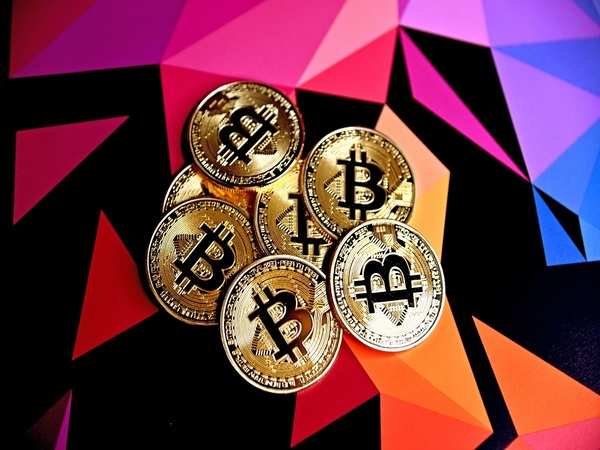#artists #music #crypto #bitcoin #blockchain #NFTs
Cryptocurrency enthusiasts and artists management see a future where artists are paid fairly, the secondary ticketing market is no longer ravaged by scalpers, and the value of digital memorabilia soars.
In the labyrinthine ecosystem of labels, publishers, distributors, and royalty collectors, the idea of artists getting paid quickly may sound like a revolutionary concept.
The Big Q: What if it wasn’t, and what if the music industry’s hundreds of thousands of artists who are especially cash-strapped when they cannot tour, like right now in the VirusCasedemic chaos did not have to wait a cripplingly long time to get their royalties, but rather could receive streaming money instantaneously?
Broaden that thought: What if there was a “merch royalty,” so that the artist got a cut every time a branded hoodie or piece of art was resold, or a system to ensure accurate paychecks for musicians?
All these things are possible, according to a growing group of tech-obsessed entrepreneurs who want to apply the technology of blockchain and bitcoin to the multibillion-dollar global business of selling albums.
Crypto advocates want to engineer a new financial system for music that can support real-time revenue streams and ultimately hand much more power to the individual artist.
Let’s look at the landscape and latest developments in what crypto can mean for music.
Cryptocurrency arose out of popular distaste for society’s bank-reliant money model, it was created so that average citizens could have complete control over their funds without government interference.
Most importantly, it operates on a blockchain, which eliminates double-spending. Double-spending happens when someone copies a digital currency to use the same “token” on multiple purchases the equivalent of scanning a real Buck and then printing a fake one, but far easier to get away with.
Prior to bitcoin, many coders and technologists had tried their hand at an anti-government digital currency, they failed due to issues around double-spending.
A blockchain is a publicly accessible, transparent ledger.
When a person makes a transaction, it creates a data “block” that houses the sender and recipients’ addresses strings of letters and numbers that log involved parties but do not give away a person’s identity and a timestamp.
Those blocks, which form a digital chain as transactions continue, cannot be edited. And once someone participates, their computer begins keeping a copy of the blockchain.
That means any hacking attempt would be immediately flagged thanks to the hundreds of thousands of computers that are now keeping track of and updating Bitcoin’s decentralized blockchain.
These days, Bitcoin is just 1 of many forms of usable cryptocurrency. And there are also NFTs (non-fungible tokens), which can hold unique assets like art, tickets, or trademarks instead of money.
Blockchain can help artists finally understand where and how their money comes in. Imagine a neatly organized portal that automatically updates all of an artist’s revenue streams: merch, touring, licensing, streaming royalties, performance royalties.
That does not exist yet, but it is coming, sooner not later, with blockchain adoption.
Have a prosperous day, Keep the Faith!









